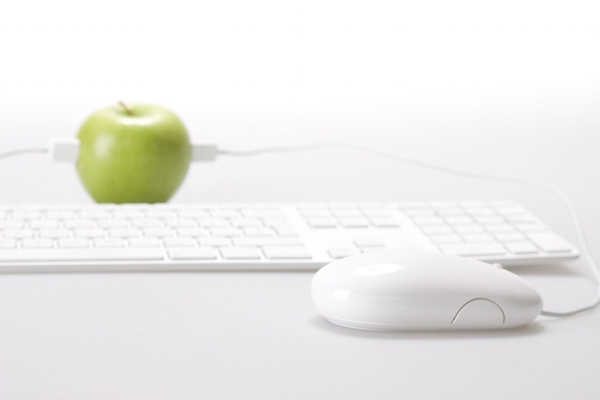
THURSDAY, May 12 (HealthDay News) — Heart failure patients who are older than 65 and have a high level of health literacy are more likely to continue using telemonitoring technology that tracks their condition than younger people with low health literacy, a new study finds.
Health literacy refers to the ability to read, understand and use health care information. Telemonitoring systems, which help doctors monitor patients outside of office visits, are seen as a way to improve care for heart failure patients, but results so far have been mixed.
The new study shows that individual characteristics play a major role in patients’ interest and success in using telemonitoring systems — knowledge that could help improve the design of such systems and increase patient participation, the researchers said.
Their six-month study included 826 people, 19 to 90 years old, who were encouraged to used a telephone system to enter daily information on their symptoms and weight using the phone’s keypad.
About 86 percent of the participants actually started using the system. People younger than 65 and those who said they were the most satisfied with their care were most likely to start using it, according to the study.
After one week, 90 percent of those who started using the system were inputting their weight and symptom data at least three days a week. By the end of the study, 55 percent had continued to input data three days a week.
People younger than 65 and those with lower levels of health literacy were less likely to have stuck with the program for six months, the researchers found.
The findings were to be presented Thursday at an American Heart Association conference in Washington, D.C. Experts note that research presented at meetings should be considered preliminary because it has not been subjected to the rigorous scrutiny given to research published in medical journals.
More information
The U.S. National Heart, Lung, and Blood Institute has more about heart failure.

